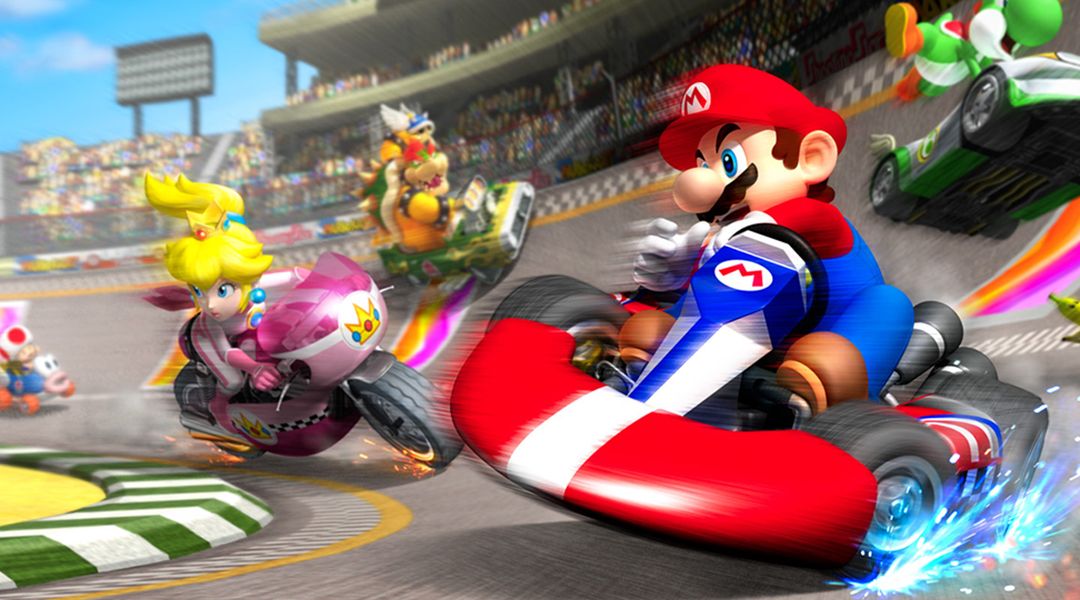Nintendo has always fiercely defended its intellectual properties, as shown by the company's strict stance when it comes to fan games such as Pokemon Uranium. However, it seems as though the publisher can't always be on the winning side of legal action. Nintendo has been dealt a blow in the Japanese courts, after action against a go-kart company with the monicker MariCar ended in defeat.
Nintendo took MariCar to the courts over its name, which bears a striking resemblance to the acclaimed Mario Kart franchise. MariCar organizes tours of Tokyo’s Shibuya ward with a set of go-karts that have been customized to run on public roads, and often tourists who choose to take part in the experience dress up like characters from the series. Nintendo took umbrage to the name MariCar, however, which prompted the action against the go-kart company that started in September.
The main bulk of Nintendo's argument was that MariCar constituted a well-known abbreviation of the name Mario Kart, and brought with it other cases such as Pokemon, which is short for Pocket Monsters. However, the patent office itself disagreed with this claim, stating that the name MariCar is not a widely-used interpretation of Mario Kart.
The conclusion brought by the office was reached at the end of January, but another lawsuit against MariCar is yet to reach its finale. Alongside complaints over the company name, Nintendo has also claimed copyright infringement, and is looking for 10 million Yen in damages. This separate action claims that MariCar is renting unauthorized Nintendo character costumes to customers.
This is far from the only time that Nintendo has been involved in legal action, and the company has always been protective over its properties. Indeed, the publisher has been part of some of the most important legal battles in video game history, helping to shape the world of gaming through lawsuits regarding the legality of Donkey Kong and control over the quality of content available for the NES.
Although this lawsuit is perhaps not as important in the grand scheme of things as some of those seen in the past, it's still another sign of Nintendo trying to keep as much control over its intellectual property as it can. Whether the second suit against MariCar also ends in defeat, however, remains to be seen.
Source: The Japan Times

